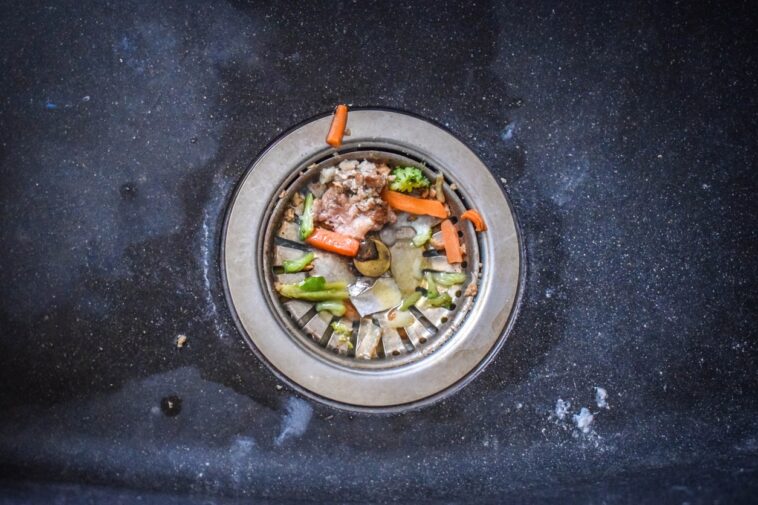Poorly maintained and poorly used, pipes can begin to develop bad odors and become clogged. It is therefore very important not to pour anything into it, especially as you also risk harming the planet, as certain products can pollute the water. To keep a sink clean and functional, but also avoid unpleasant odors, find out the things you should never throw in there. You will thus be able to prevent the appearance of traffic jams and other unpleasant surprises which could require you to have a plumber come!
1) Distrust of food leftovers
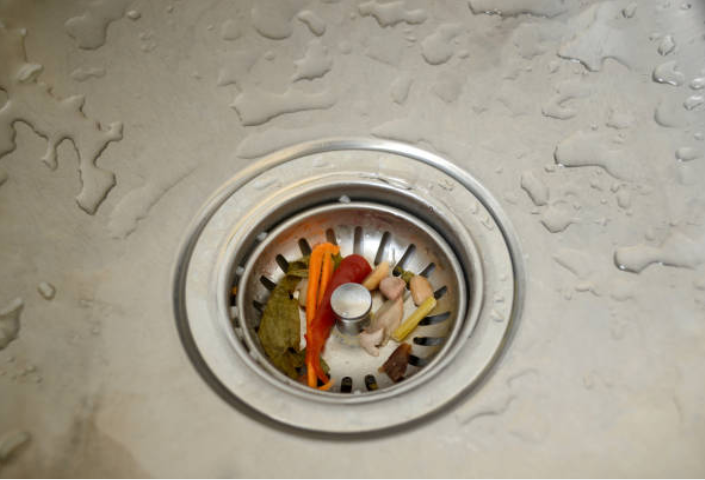
Of course, this may seem obvious. However, some people who are not careful may throw food scraps there or even simply not worry about crumbs ending up in the pipe. However, even if this may seem minimal at the time, these residues can in the long run build up in pipes in the form of deposits and ultimately create a plug. Before putting a plate in the sink, remember to empty it thoroughly and put the fruit and vegetable peelings in the trash or compost.
2) Coffee grounds: in small quantities in the sink
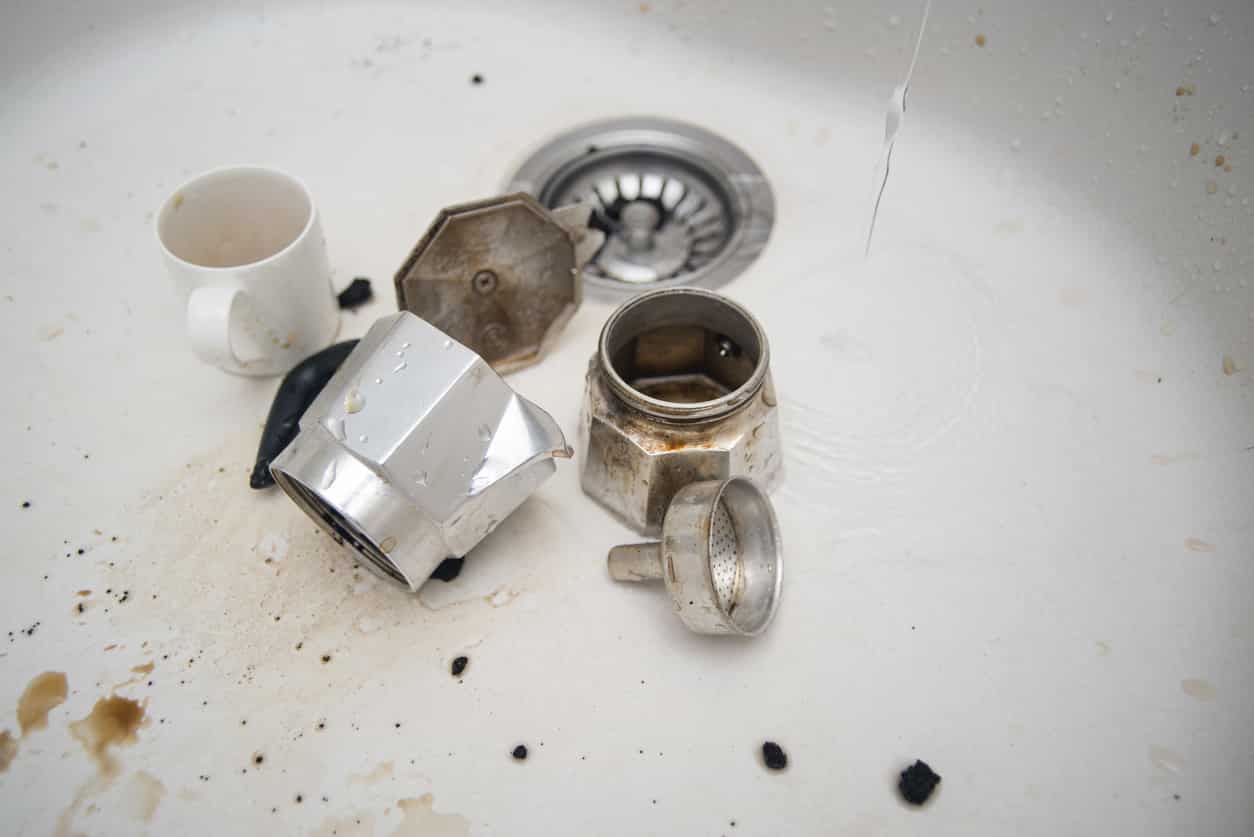
Coffee grounds can be lipophilic (they tend to attract fat). Also, although it is effective in deodorizing pipes and limiting small blockages, you should never use too much. Beyond one to two tablespoons of coffee grounds, you could indeed block the pipes. So out of the question is completely emptying the coffee filter into the drain and forgetting the imperative step of rinsing with boiling water afterwards!
3) Grease: absolutely banish from the sink
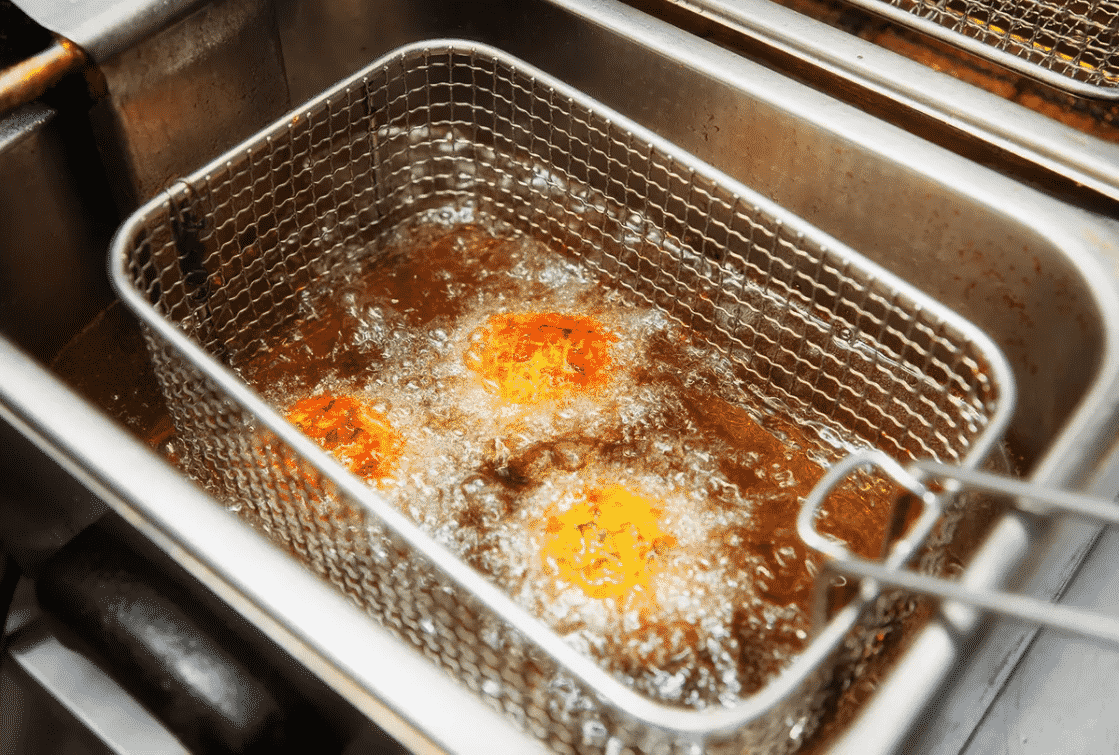
Many people throw their used cooking oil down the sink or toilet instead of pouring it into a bottle and taking it to the landfill. However, fat in all its forms (mayonnaise, butter, olive juice and sardines, oil from canned tuna, fat from meat, etc.) tends to clump and stick to the walls. This can in the long run clog the pipes, but also damage them. Let us also remember that throwing cooking oil or more generally fat into the sink is very bad for the environment.
4) Pasta and rice: limit as much as possible
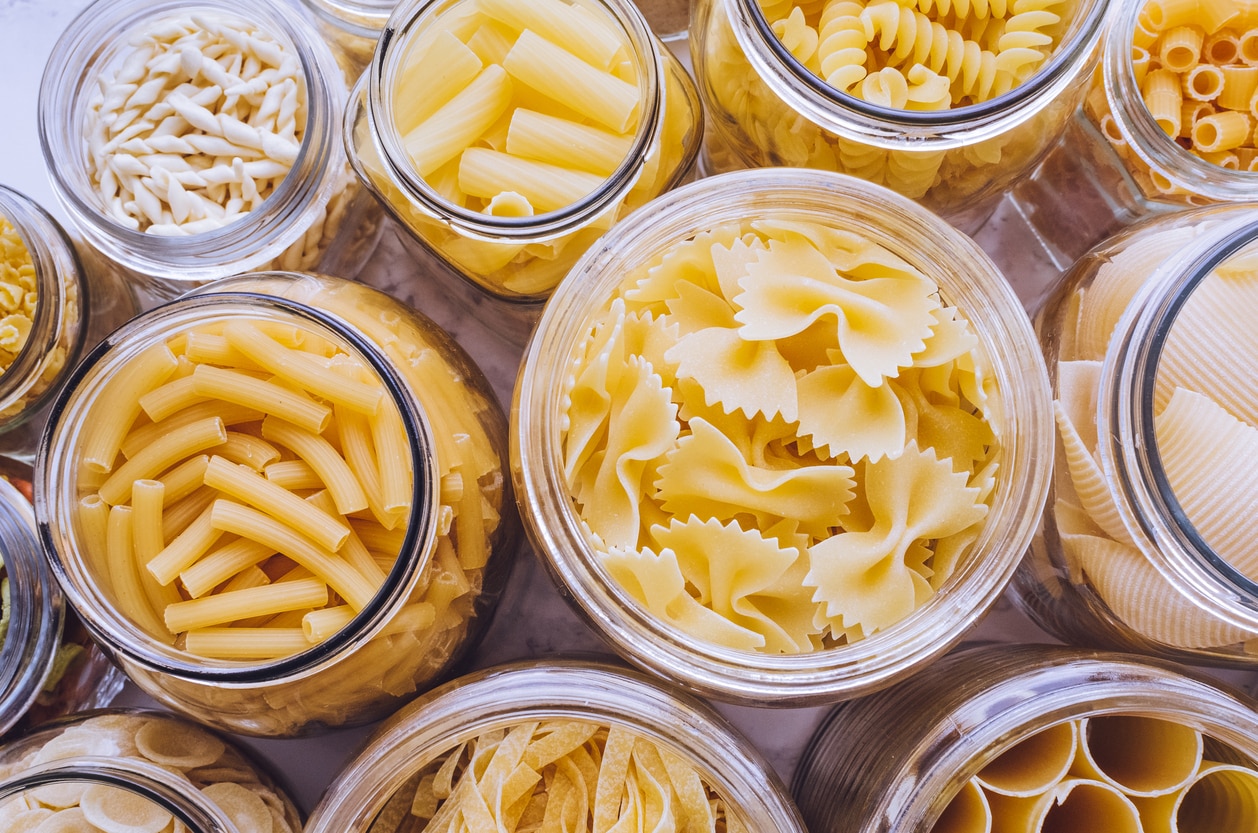
When washing dishes or when draining pasta or rice, some of it sometimes ends up in the pipes. However, in contact with water, these foods will continue to swell to the point of doubling in volume. And we suspect: once in the pipes, this will increase the risk of blockages.
5) Flour… also avoid in the sink
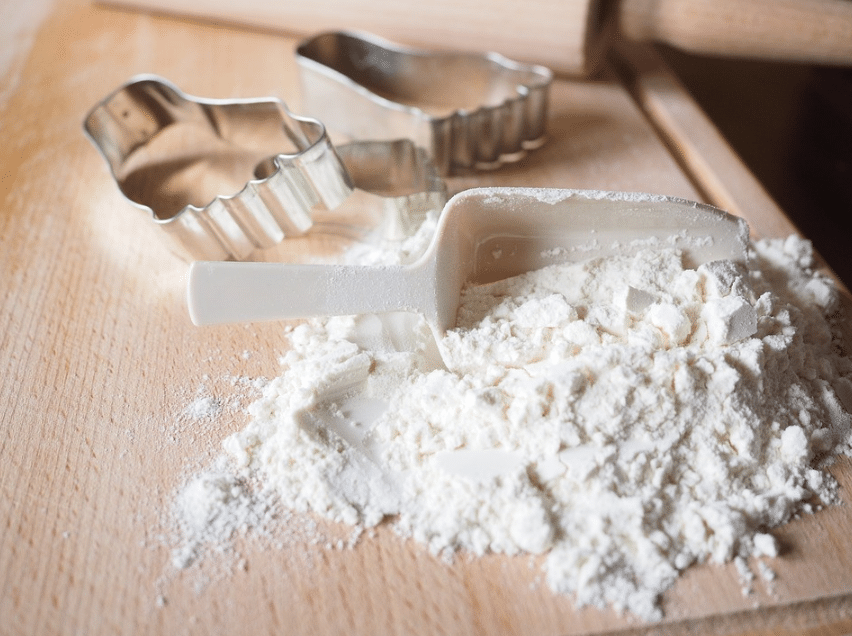
It is a well-known fact that flour can become not only doughy, but also extremely sticky in contact with water. Also, throwing it in the sink exposes you to the risk of a blockage.
6) Medicines: prohibited in the sink or toilet pipes
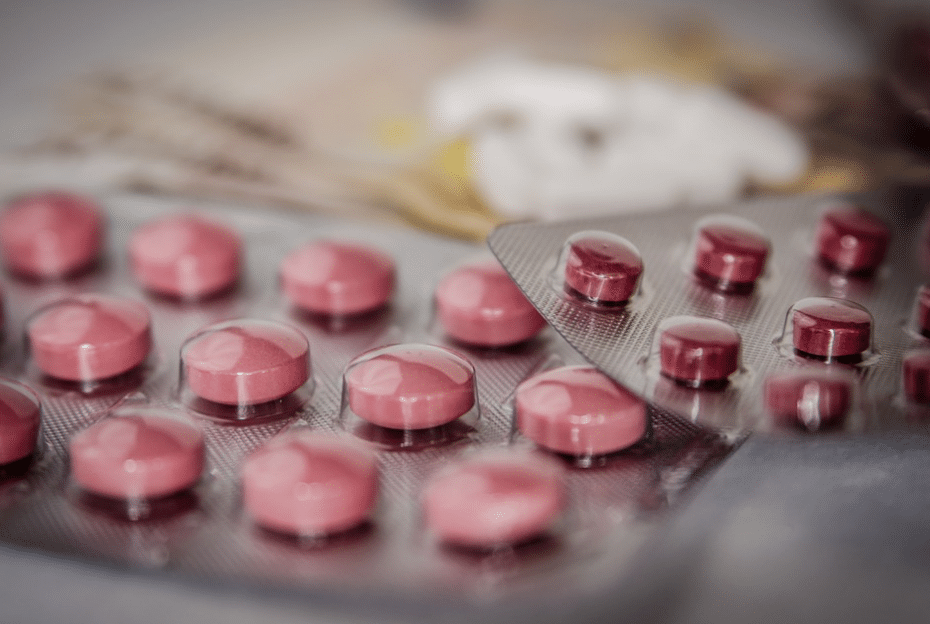
If you have medications to throw away, the toilet and sink are not the place to do it. They indeed represent pollution particularly toxic for the environment. And what’s more, you can easily go to any pharmacy to donate your expired or used medicines. So there is no longer any excuse to pollute the water in the future!
7) Eggshells
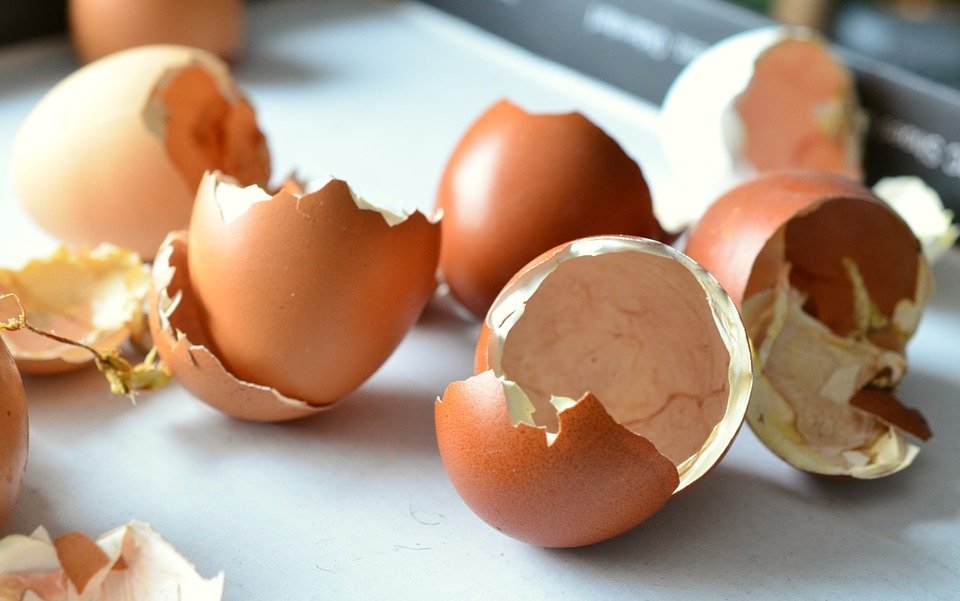
Extraordinary in compost and plants as well as for many other uses, eggshells, on the other hand, prove to be very harmful for the crusher blades as well as for the pipes. Their place is therefore in the trash or in the garden!
8) Chemical cleaning products: never in the sink
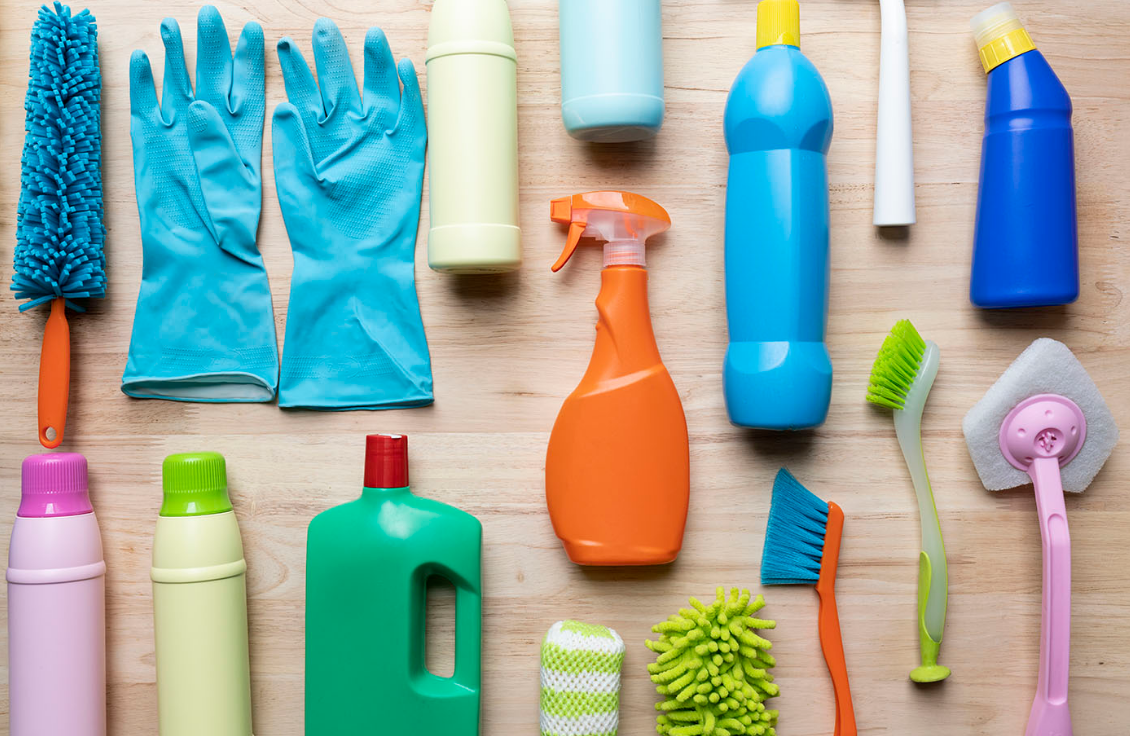
Just like medicines, cleaning products are very polluting. This is explained by their composition of chemical components that are very harmful to the planet, which then end up in wastewater when they are disposed of in the sink.
9) Overall, beware of chemicals!
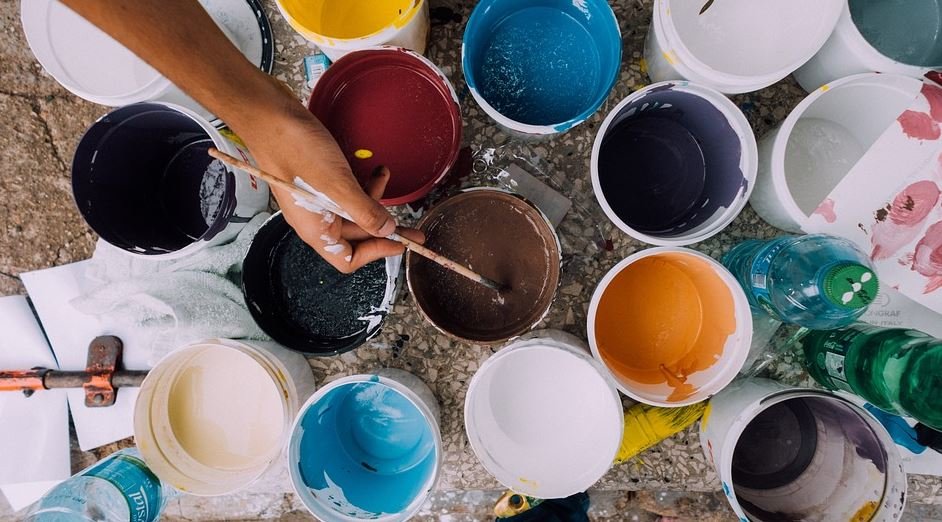
Remains of paint or varnish cans, solvents, pesticides, glues, mineral oils, strippers, gasoline, etc. These chemicals contain elements seriously toxic for the planet as well as heavy metals and gases toxic to soil, water and air quality. They are also often flammable. They are therefore not only dangerous for our health, but also for the environment. Any opened product used for DIY, renovation or construction must be taken to a recycling center, just like products used for gardening. Once again: your sink and toilet are not trash!
10) Cotton and paper
Even if a paper is biodegradable, this does not mean that it will instantly degrade upon contact with water. Also, there is a great risk that these materials will stick to the walls of the pipes and form blockages.


